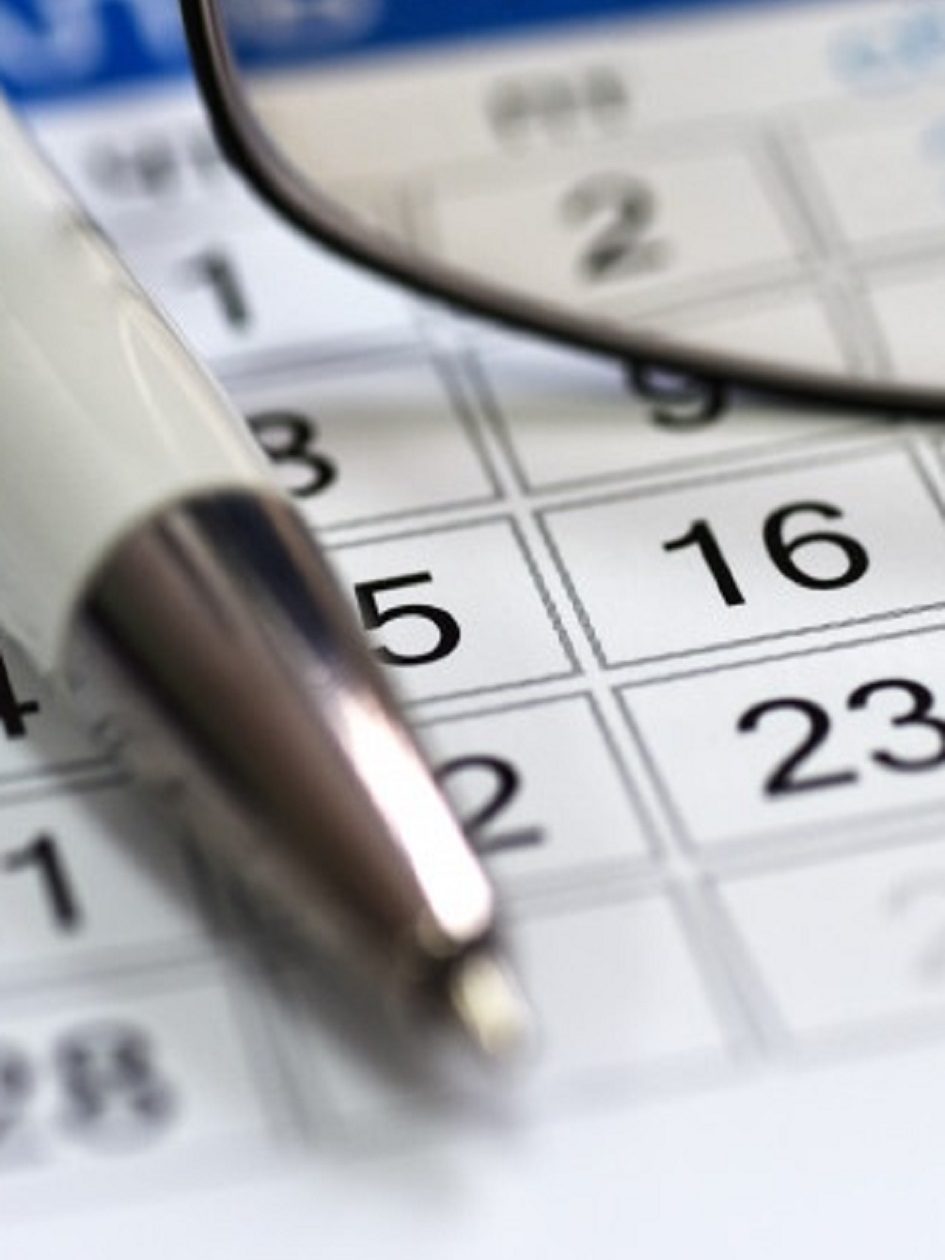Event-triggered data collection
Project aims
Understanding Society provides high quality longitudinal data on topics such as health, work, education, income, family and social life – by interviewing sample members annually.
The aim of this project is to develop new methods to collect data about life events throughout the year – referred to as “event-triggered data collection”. This will allow us to collect new and more accurate content that would be difficult or impossible for respondents to report retrospectively in the annual interviews. For example, participants who have recently experienced a life event – baby, job change, partnership change – will be asked about immediate plans, expectations and wellbeing. This will include seeking information from participants, who perhaps because of the life events, may be less likely to take part in the next annual interview.
Outputs
The design of event-triggered data collection materials and protocols is informed by findings from qualitative research with Understanding Society sample members:
- Horsley, Beninger, Day, Dhillon, Jäckle, Burton and Couper (2019) The acceptability and feasibility of asking monthly “life-event” questions in between waves of a panel study, Understanding Society Working Paper 2019-06. Colchester: University of Essex.
This report summarizes key findings from the qualitative research, as well as prototype protocols for event-triggered data collection and findings from initial experimental testing of how to ask about monthly events:
- Jäckle, Burton and Couper (2019) Event-triggered Data Collection, Understanding Society Working Paper 2019-16. Colchester: University of Essex.
In 2020 we implemented a monthly Life Event study using the Innovation Panel sample. The study ran for 12 months and included some experimental testing of survey protocols to increase participation. The data collected in the Innovation Panel Life Events study are available from the UK Data Service:
- Jäckle, Burton, Couper and Vine (2022) “Did you experience any of these events in the last month?” Developing survey protocols for event-triggered data collection between annual interviews, presented at the Understanding Society Survey Methods Conference on Asking respondents to do more than answer survey questions (online), available at https://www.youtube.com/watch?v=juHQV2OUqAA&list=PLN2x0DavrncIiod0vGLjTAelY7hsL0L78&index=5.
- Jäckle, Burton, Couper, Vine and Horn (2023) Trialling event-triggered data collection in the Understanding Society Innovation Panel: Response and measurement quality. Understanding Society Working Paper 2023-09, Colchester: University of Essex.
- University of Essex, Institute for Social and Economic Research. (2022) Understanding Society: Innovation Panel Life Events Study, 2020. [data collection]. UK Data Service. SN: 8990, DOI: http://doi.org/10.5255/UKDA-SN-8990-1.
We have also conducted some experiments in the annual Innovation Panel interviews to support the development of event-triggered data collection methods. In IP13 we implemented an experiment in that aimed at asking respondents for consent to send them occasional survey questions by SMS text message:
- Benzeval, Burton, Couper, Jäckle, Perelli-Harris, Reeve and Vine (2021) Understanding Society Innovation Panel wave 13: Results from methodological experiments, Understanding Society Working Paper 2021-09, Colchester: University of Essex
In May/June 2023 we conducted a consultation with topic experts on the content to be collected in the monthly Life Events study, once it is rolled out on the main Understanding Society sample:
- Jäckle, Burton and Horn (2023) New UKHLS data collection about Life Events: Report on consultations with topic experts, Understanding Society Working Paper 2023-10, Colchester: University of Essex.
Methods
In a first step, we commissioned Kantar to conduct an online forum and focus group with Understanding Society participants to explore: 1. How best to capture information on life events that do (or do not) happen between panel interviews, to enable in-depth follow-up questions, and 2. Under which conditions sample members would be willing to report on life events every month. The study involved 42 participants across an online forum and focus group. Participants were recruited from the Understanding Society Innovation Panel. Findings from this study are being used to inform the design of event-triggered data collection materials and protocols. The report by Horsley et al (2019) is available here.
We then contracted NatCen Social Research to collect experimental survey data, using the NatCen probability panel, to test two aspects of the prototype protocols for event-triggered data collection: 1) how best to word the monthly events question, and 2) how best to invite sample members to this events question. Findings are discussed in the report by Jäckle, Burton and Couper (2019) available here.
We then tested protocols for event-triggered data collection on the Understanding Society Innovation Panel. We implemented a monthly Life Events survey that ran for 12 months, starting in February 2020. The study design and findings are reported in Jäckle, Burton, Couper, Vine and Horn (2023a) available here. The Life Events data are available from the UK Data Service here.
We are currently preparing a second round of testing on the Innovation Panel, to further improve the fieldwork protocols and make the monthly survey as easy as possible for respondents to access and complete.
We are planning to roll out the monthly Live Events study in the main Understanding Society sample starting in 2025.
Team members
Professor Annette Jäckle (Principal Investigator)
Professor of Survey Methodology - ISER, University of Essex
Professor Michaela Benzeval
Director of Understanding Society - ISER, University of Essex
Dr Jonathan Burton
Associate Director, Surveys - ISER, University of Essex
Professor Mick Couper
Research Professor - Survey Research Centre, University of Michigan
Mr Brendan Read
Senior Research Officer - ISER, University of Essex
Dr Jim Vine
Senior Research Officer - ISER, University of Essex
Dr Daniel Horn
Senior Research Officer - ISER, University of Essex

Start date
01 Jan 2019
Funder
- ESRC UK Population Lab Innovation Development Grant, Understanding Society
- ESRC grant for Understanding Society